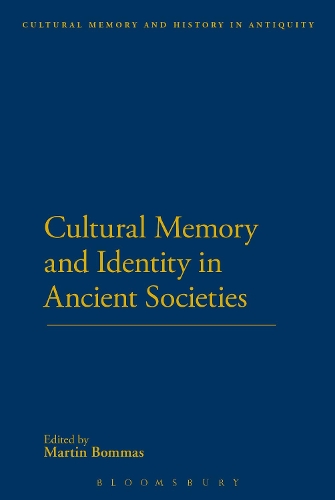
Cultural Memory and Identity in Ancient Societies
(Paperback)
Available Formats
Publishing Details
Cultural Memory and Identity in Ancient Societies
By (Author) Dr Martin Bommas
Bloomsbury Publishing PLC
Bloomsbury Academic
25th April 2013
United Kingdom
Classifications
General
Non Fiction
Social and cultural anthropology
306.093
Physical Properties
Paperback
168
Width 156mm, Height 234mm
245g
Description
In recent years memory has become a central concept in historical studies, following the definition of the term 'Cultural Memory' by the Egyptologist Jan Assmann in 1994. Thinking about memory, as both an individual and a social phenomenon, has led to a new way of conceptualizing history and has drawn historians into debate with scholars in other disciplines such as literary studies, cultural theory and philosophy. The aim of this volume is to explore memory and identity in ancient societies. We are what we remember' is the striking thesis of the Nobel laureate Eric R Kandel, and this holds equally true for ancient societies as modern ones. How did the societies of Mesopotamia, Egypt, Greece and Rome remember and commemorate the past How were relationships to the past, both individual and collective, articulated Exploring the balance between memory as survival and memory as reconstruction, and between memory and historically recorded fact, this volume unearths the way ancient societies formed their cultural identity.
Author Bio
Martin Bommas is senior lecturer in Egyptology at the Institute of Archaeology and Antiquity at the University of Birmingham, UK. He was a research associate of Professor Jan Assmann at the University of Heidelberg until 2000, and has published five monographs on ancient Egyptian rituals, religious texts, and memory.
